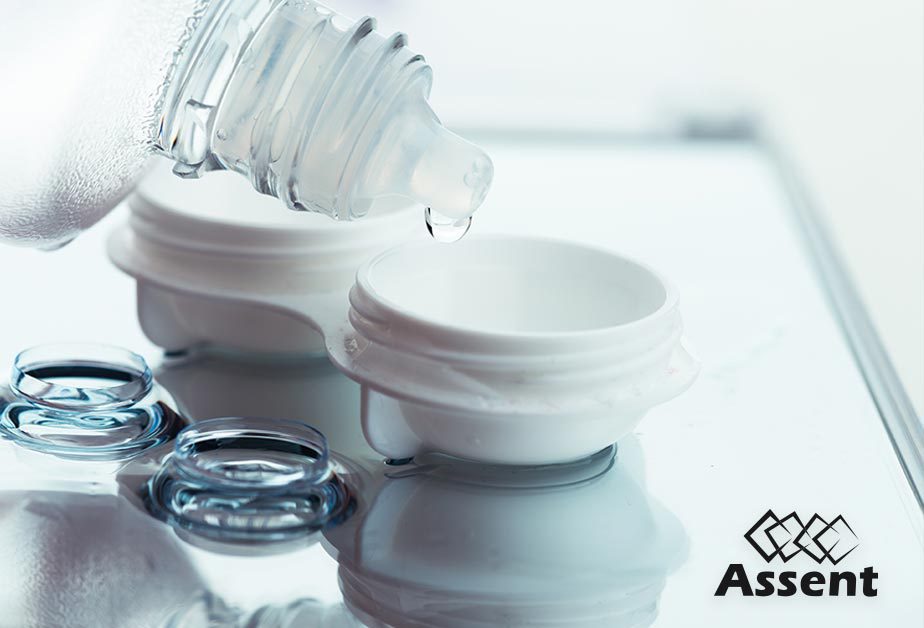Triggered by issues with conflicting regulations for contact lens solution, a Registration, Evaluation, Authorisation and Restriction of Chemicals (REACH) Regulation exemption for medical devices will be up for debate this summer. The Competent Authorities for REACH and CLP (CARACAL) will discuss if medical devices, already subject to stringent laws, need to fall under all portions of the regulation.
The proposal was submitted by MedTech Europe, The Association of the European Self-Care Industry (AESGP), and Euromcontact, which represents European contact lens and solution manufacturers.
It argues that with the European Union (EU) Medical Device Regulation (MDR) coming into effect next year, some medical device companies face conflicting legislation, particularly surrounding the use of carcinogenic, mutagenic, or toxic to reproduction (CMR) classified substances.
The REACH Regulation bans CMRs from being placed on the market and supplied to the general public when they are contained in mixtures, though there are some exemptions for certain medicinal products for human and veterinary use and cosmetics. However, with proper labeling and classification, the EU MDR allows these substances to be placed in the market — such as in contact lens solution.
Contact lens solution and eye drops may contain up to 1 percent of borates, which are used as a buffering agent. Under REACH proposals at the European Chemicals Agency (ECHA), the existing thresholds of 5.5 percent (boric acid) and 4.5% (sodium tetraborate) would be lowered to 0.3 percent, triggering the above-mentioned mixtures to be classified as CMRs and thus, banning them from entering the EU market.
As a response, the industry paper asked:
- For a review of the scope of REACH CMR restrictions to ensure medical devices are handled in a similar manner to medical products and cosmetics.
- For CARACAL to address legislative conflicts between the EU MDR and REACH CMR restrictions (for use of CMRs in medical devices for supply to the general public).
- To delay the application of new harmonized classification on borates (the 0.3 percent concentration limit) until the legislative conflicts have been addressed.
Proposal Objections
In response, the Belgian public health authority has already voiced their opposition, citing a need for more information on how the EU MDR would manage these restrictions before they would be comfortable opening the issue up for debate.
Several non-governmental organizations (NGOs), including the European Environmental Bureau, Client Earth, and Healthcare Without Harm, have also opposed, with concern there would be a “blind spot” on some impacts to consumer protection.
The issue is expected to be discussed early this summer.
Regardless of the outcome, medical device companies will be required to track their CMR usage under the EU MDR, which has been postponed for one year and now comes into effect in May 2021.
Assent helps medical device companies collect and manage their supply chain data in order to prepare them for the May 2021 deadline. To learn more about how Assent can help, contact our experts today.










